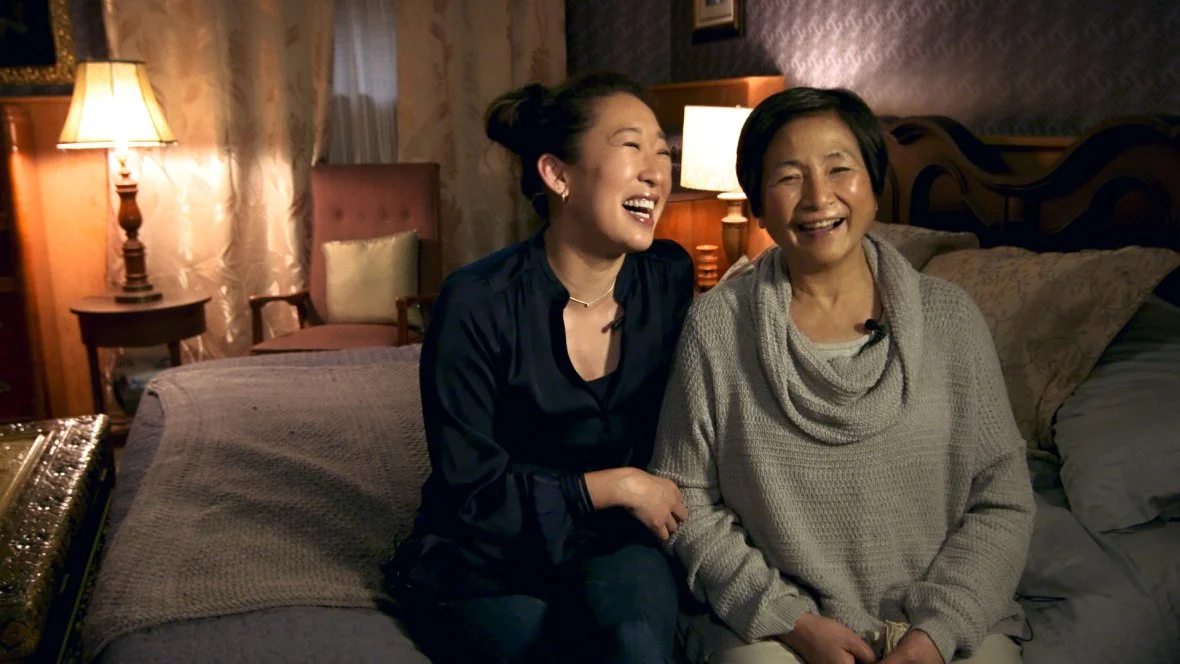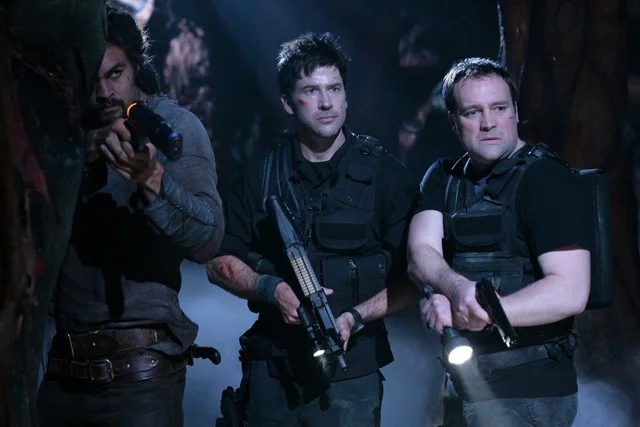‘Meditation Park’ a coming-of-age film about a 60-year-old woman
There aren’t a lot of films like Meditation Park. In many ways, it occupies a genre all its own: coming-of-age films about 60-year-old Chinese women living in Vancouver.
The feature-length dramedy – written and directed by Vancouver filmmaker Mina Shum (Double Happiness, Ninth Floor) – follows a 60-something Chinese woman named Maria (played by Hong Kong diva Pei-Pei Cheng) after she discovers a pair of hot pink panties in her husband’s pocket.
That discovery leads to a profound (and often funny) journey to self-empowerment that includes new friendships, amateur sleuthing, and a foray into the competitive world inhabited by the people who rent out parking spots in driveways around the PNE.
Meditation Park also stars Tzi Ma (who was nominated for a Canadian Screen Award for his work as Bing, Maria’s husband), Sandra Oh, Don McKellar, Zak Santiago, and Liane Balaban. It premiered last fall at the Toronto International Film Festival, had its hometown premiere as the opener for the 2017 Vancouver International Film Festival, and is currently screening at theatres across the country (including at Fifth Avenue Cinemas in Vancouver).
Shum recently spoke with YVR Screen Scene about the deeply personal inspiration for Meditation Park, as well as why it was initially challenging to secure financing for the project.
YVR SCREEN SCENE: What was the inspiration for Meditation Park?
MINA SHUM: My whole life, I’ve been thinking about making a film that showed the disparities between my mother’s generation and my generation. She taught her daughters to be educated, to be autonomous, to never need a man, and yet in her world, she was completely subservient to the family, and to her husband. It’s, “Do as I say, not as I do,” and so many of the things I do normally, like driving and going out at night, are completely foreign to my mother’s experience. The fact that I would go to a concert by myself, maybe meet some friends there that I didn’t know were going to be at the show: that’s not the agency that women had in her life.
I had been thinking about this for a long time, but I hadn’t thought of this specific story until I was in a car with my mom, and I had three kids in the back – my sister’s children, and my son – and she just leans over to me and says in Chinese, “The cat has caught a new fish.” I didn’t know what she was talking about. And she said, “So and so is stepping out on his lady.” And I said, “What’s with the fish?” And she said, “That’s code; that’s what we say when the husband cheats on his wife.” And that just completely blew my mind. That means there’s a code for that behaviour, which means that it must be sort of normalized.
In my mother’s generation, it wasn’t, “Let’s go to therapy and deal with it.” It was, “Let’s wait it out.” So the wife knew something was going on, she never let on that something was going on. In some cases, they did. They’d still live in the same house and pretend everything was okay in front of the children, but as soon as the kids left, they’d go to their separate rooms and not see each other, so there was no direct confrontation, and that immediately made great cinema for me. I had a great character then. I do feel like there’s a lot of powerlessness right now in the world. People feel like they don’t have any agency, and then to come upon a character like Maria, who literally is powerless. She doesn’t have her own bank account.
YVRSS: What kind of revelations did you have about your mother and her generation through writing Meditation Park?
Sandra Oh and Pei-Pei Cheng in Meditation Park.
MS: They may seemingly look like they don’t have any power, but whatever power they do have, they’re going to use. You saw that resourcefulness in the character of Maria, and I’ve learned to appreciate how my mother would navigate our lives – feminist daughters growing up in a patriarchal household – and the way my mother would stick-handle that with my dad and male relatives, I realized that she had more agency than we gave her credit for.
YVRSS: What kind of feedback did you receive from the women in your family once they screened Meditation Park?
MS: My mom is super proud of this film. It’s everything that she wished her daughter could do, which is to be of service to women like herself. She also thinks it’s my best film. Pei-Pei [the actress who plays Maria] met my mother at VIFF, and asked, “Is this you?” My mother said, “No, it’s not,” because it’s fiction. Then my mother was like, “Isn’t this you, Pei-Pei? You’re the one who got a divorce.” Pei-Pei was one of the first big divas in Hong Kong to get a divorce. That was a big deal, and she raised her four children by herself, essentially, with alimony, but she gave up her career for a while to do that. That’s why we’re seeing more of Pei-Pei now. Her kids are all grown up. She’s such an expressive light. Some people just have that X-factor.
YVRSS: What kind of challenges did you face bringing Meditation Park to the screen, and how did you overcome them?
MS: Getting the financing to the level that we needed it was challenging, because you’ve got a 60-year-old Chinese female lead. If this was Bruce Willis as a 60-year-old cop who has to avenge the death of his son, that’s a very different movie, and that could probably be financed easily, but you’re talking about a Chinese woman in her sixties in an empowerment coming-of-age tale. All the funders were very supportive. The challenge was having to go back and say, “I need a little bit more money because I need a little bit more time to shoot.” I was very fortunate in people seeing the cultural value in it. This exists onto itself. There’s no movie like this. It’s not like, “Oh, that genre of 60-year-old Chinese ladies!” There’s none of that. I made a genre. That’s my genre! [laughs] To be able to have your financiers go, “I believe in this” – sometimes things are blessed. That’s what I felt with this project. It came together really well. The shoot was great, other than crazy weather.
YVRSS: Why was it important for you to shoot in Vancouver?
MS: The city is a character in Meditation Park, and to shoot elsewhere would mean losing the character of the city. It was important for me to celebrate the world that the story came from. For me, the mountains, the ocean, the industrial waterfront, the people who are trying to figure out where they belong in that landscape: right together, it expresses our existential angst. I think the script is borne from the landscape, in a way. I couldn’t imagine shooting it anywhere else.
YVRSS: What kind of feedback are you receiving from audiences as the film screens across the country?
MS: The feedback’s been great. A young Chinese woman burst into tears in front of me after one of the first TIFF screenings, saying “I’ve never seen myself on screen.” I had to do a little therapy session. Then there was a man, I think he said he was second-generation Scandinavian, and it was clear to me that he had probably stepped out on his wife because of the questions he was asking. He wanted an answer during a Q&A as to whether the husband character seeks redemption, what happens to him at the end – and it was with a certain emotional sweatiness. “Mina, tell me everything’s going to be okay!” That was really funny. I was like, “Wow, this dude is monopolizing the entire Q&A, and it’s literally a therapy session between him and I in front of this audience of 500 people. We screened it in Goa, India, and I had to miss the screening because of jet lag, but Atom Egoyan was in the audience, and he said it was uproarious: people were hissing at the bad guy, and applauding, and it was really boisterous, and he said he’d never been to a screening like that before, but clearly it made some impact to the women who were sitting in the audience.
Meditation Park is currently screening at Fifth Avenue Cinemas in Vancouver, as well as in theatres across the country.
*This interview has been edited and condensed for clarity.







